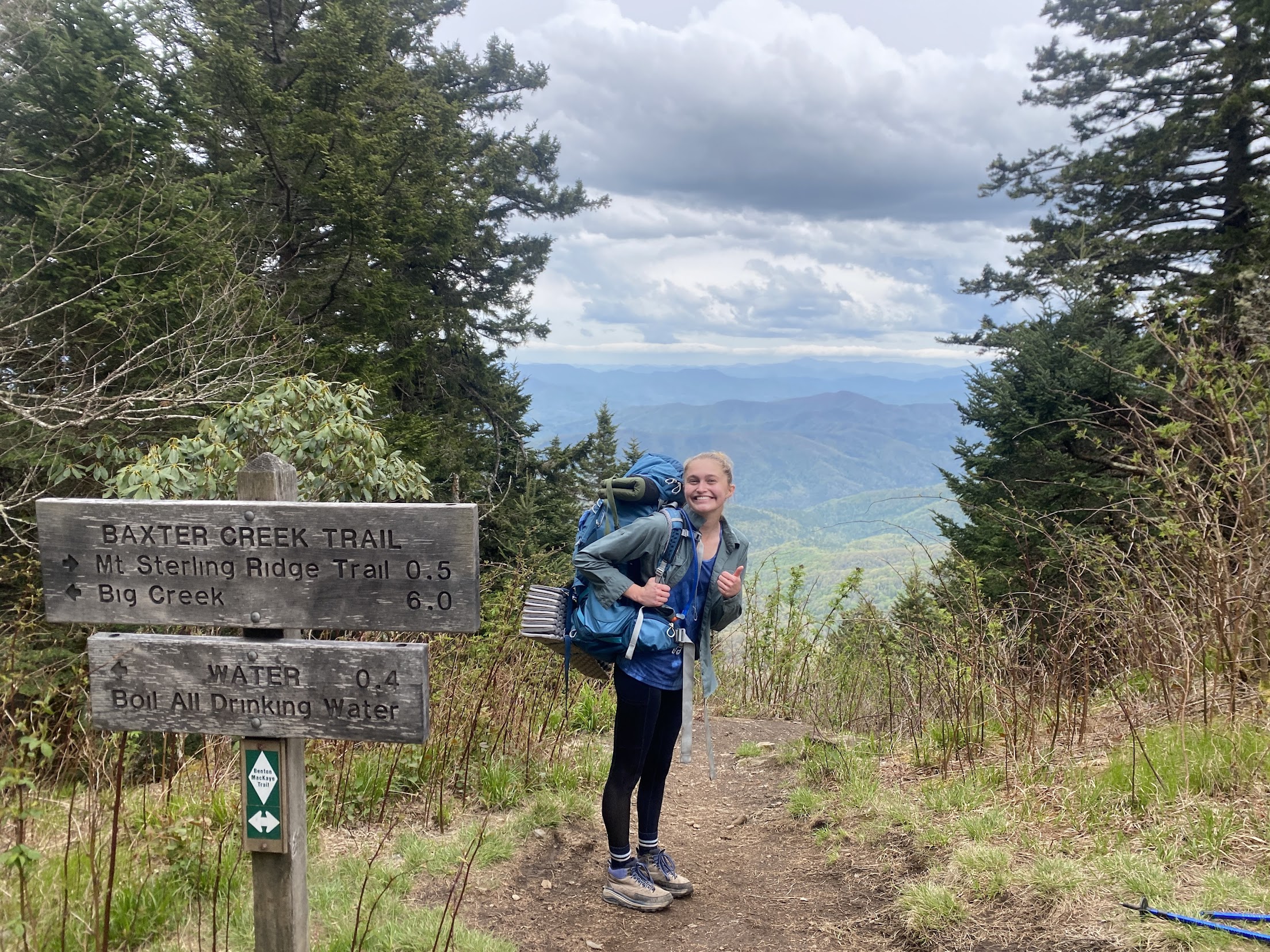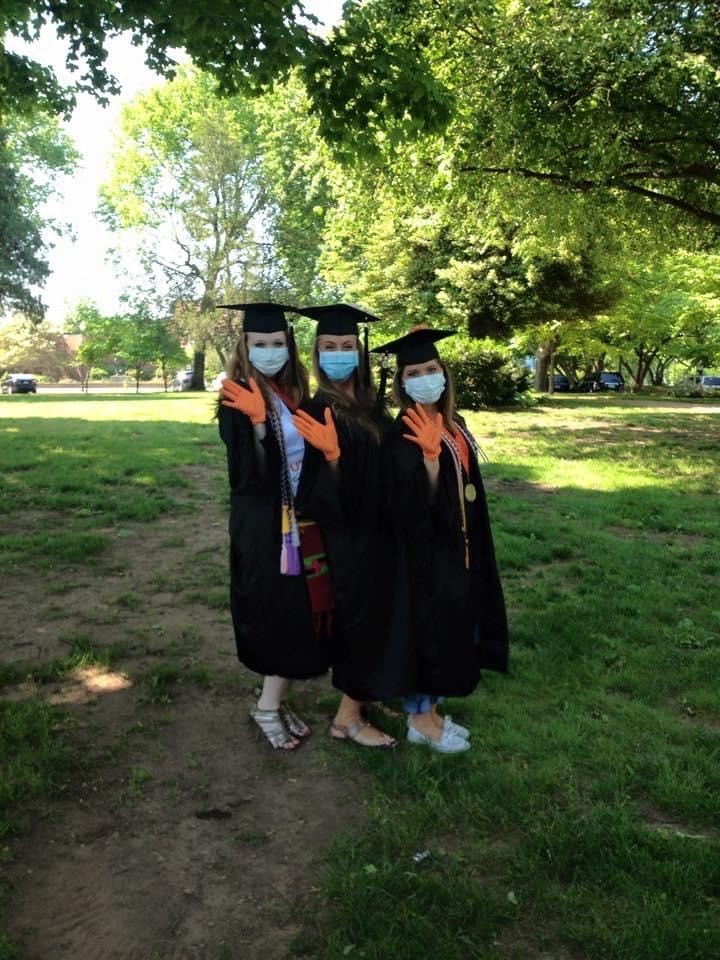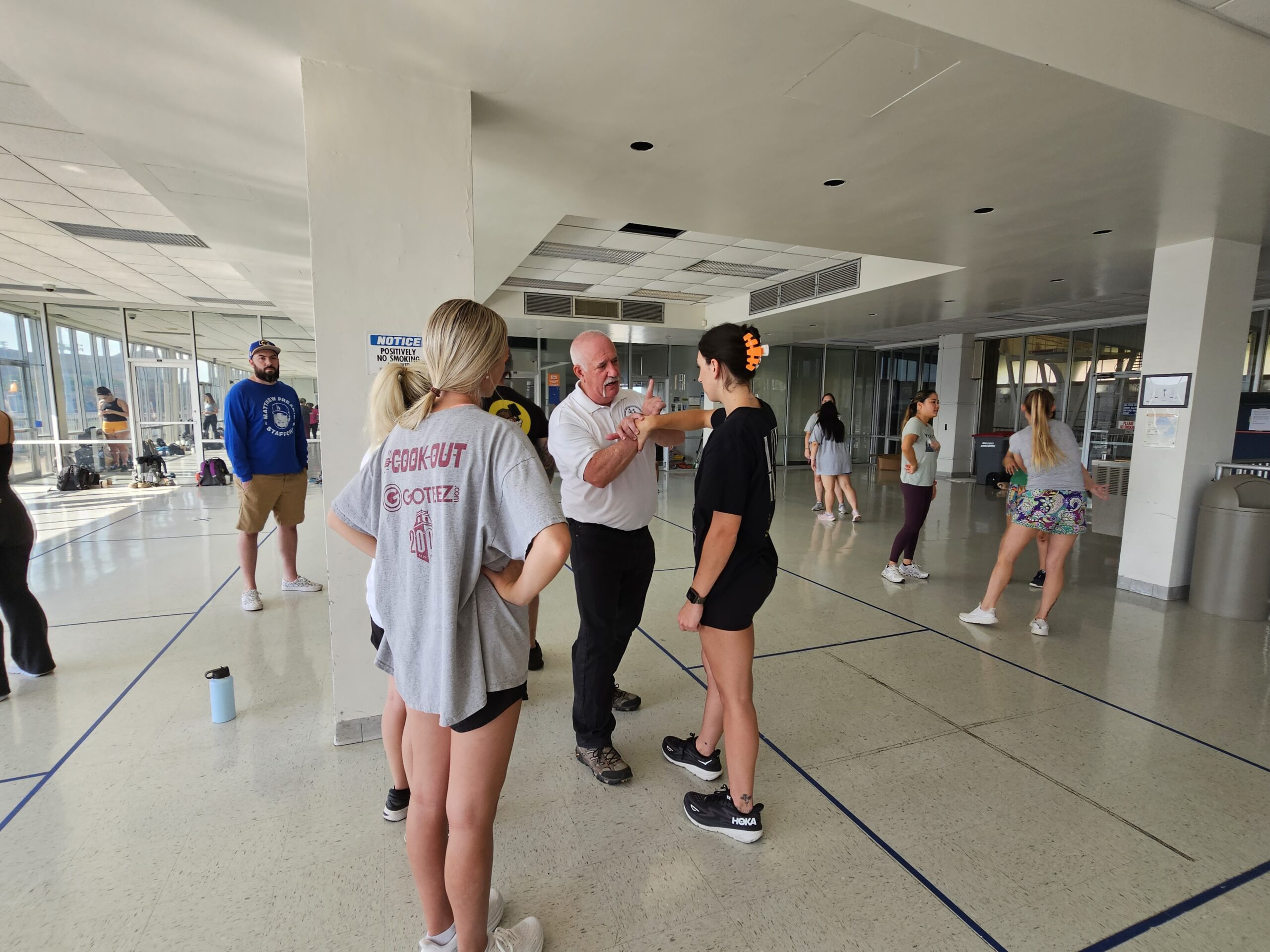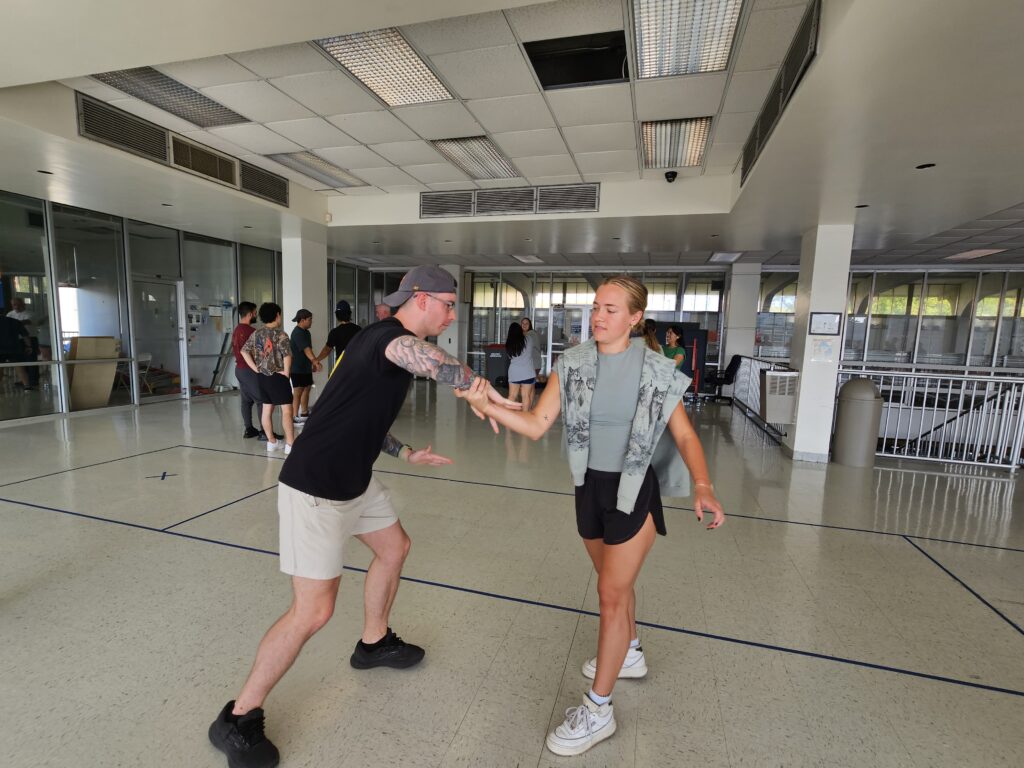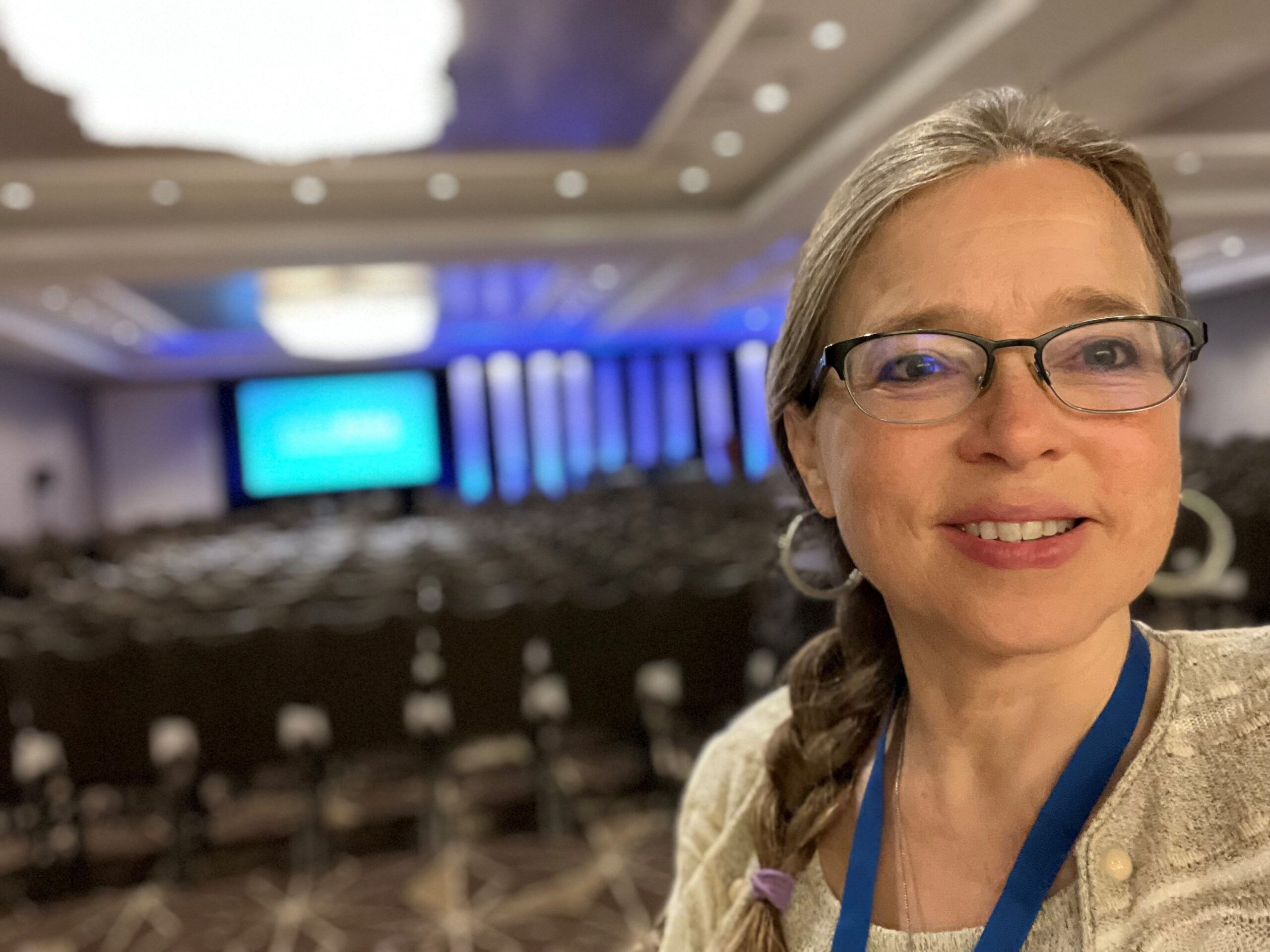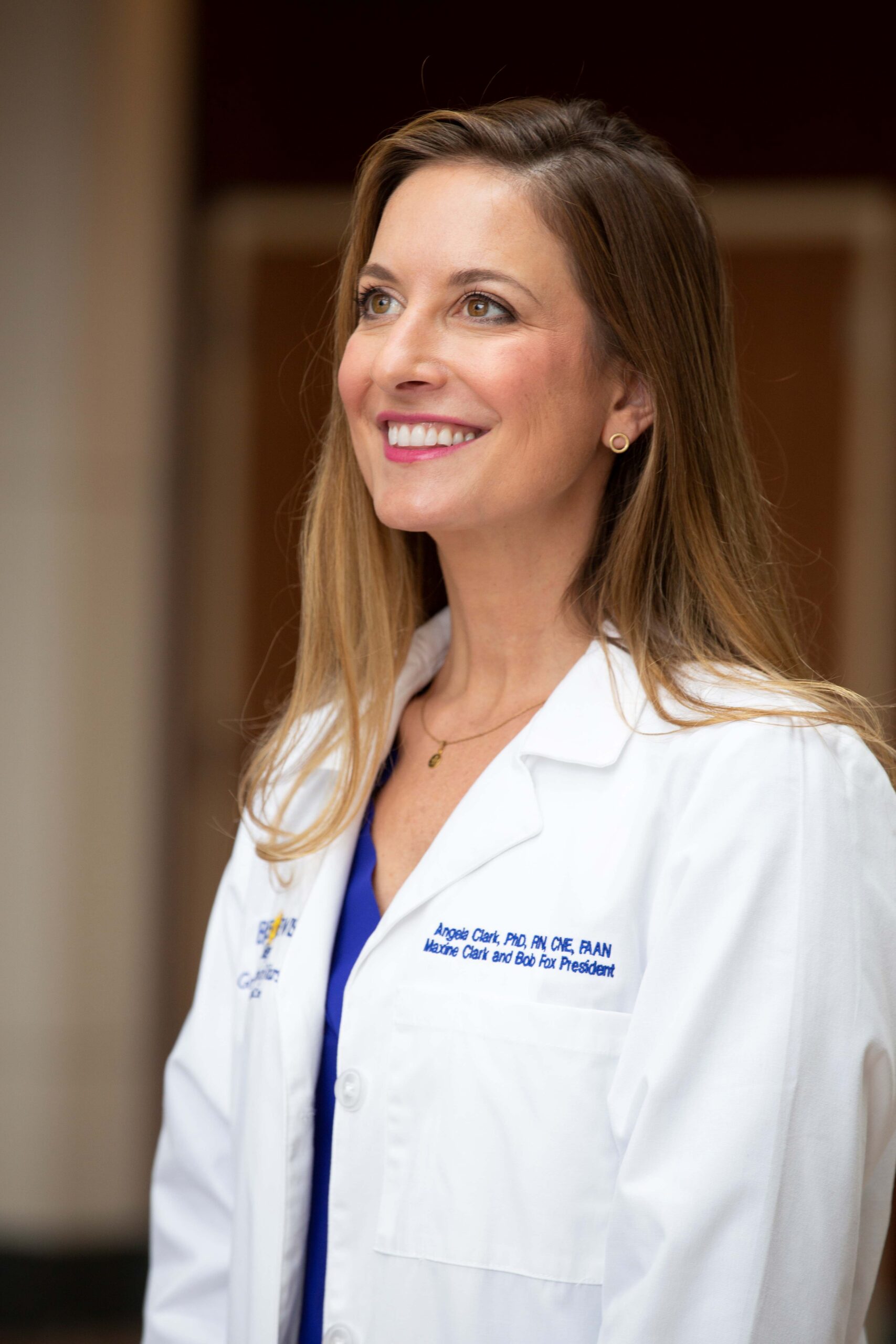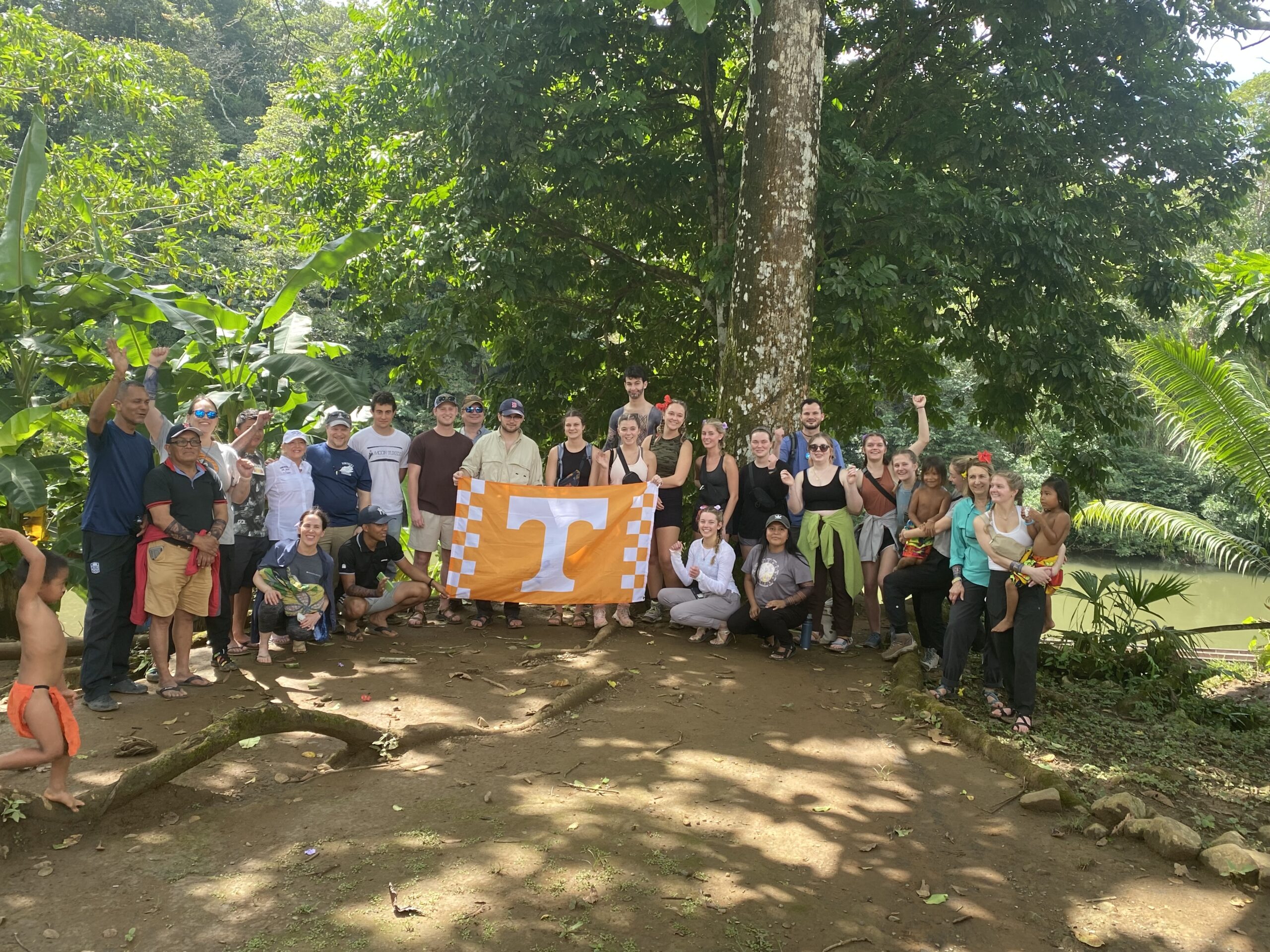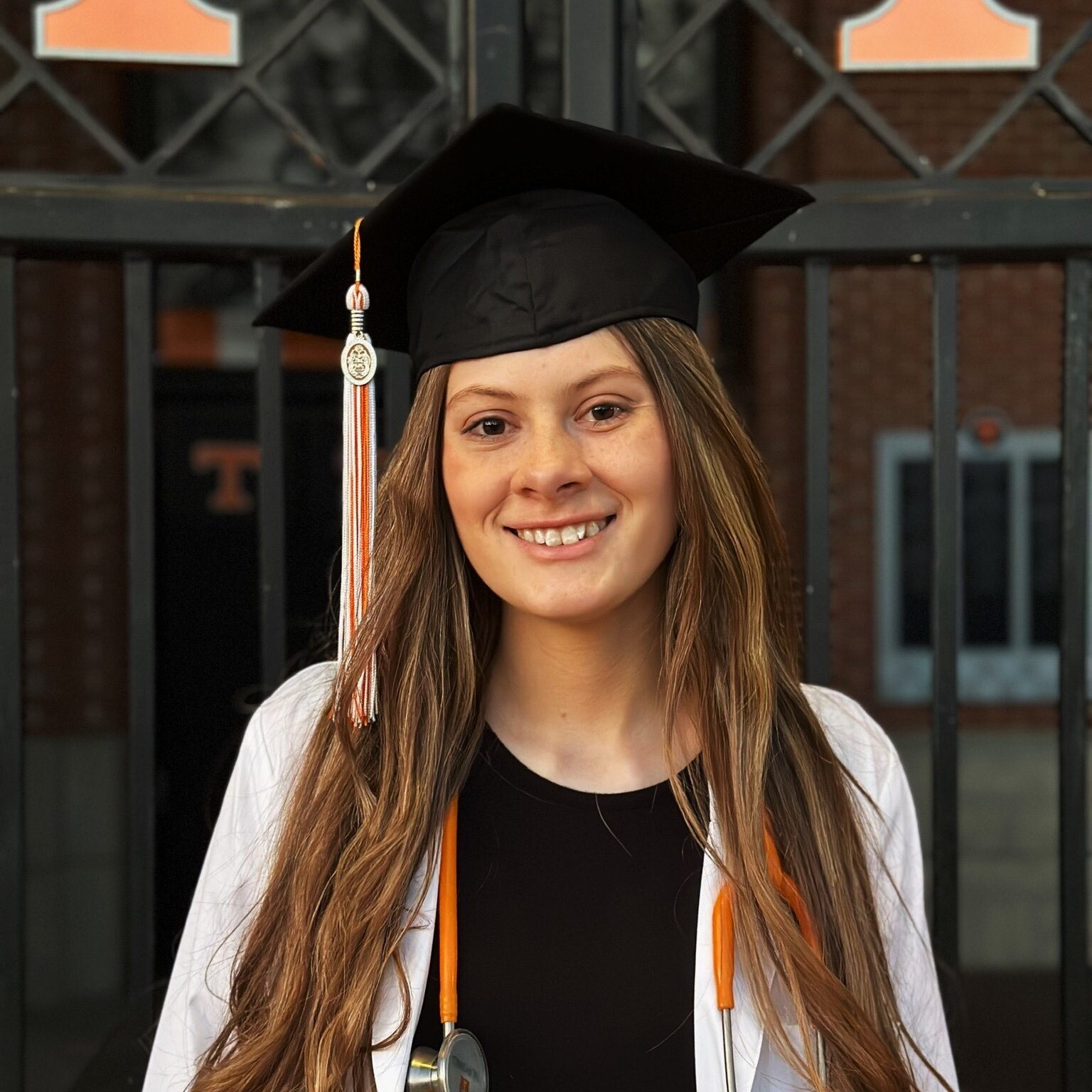The College of Nursing has established itself as a global leader in advancing health care and nursing education. With a vision of improving health outcomes worldwide, the college has embarked on numerous initiatives that have made a significant impact.
International opportunities hold immense potential for students and faculty alike. They provide a gateway to acquiring a global perspective, delving into cutting-edge nursing research, and rendering hands-on care to diverse populations across the world. The College of Nursing, committed to nurturing global health care leaders, offers an array of enriching programs in destinations such as Panama, Kenya, Peru, and Belize.
Associate Dean of Practice and Global Affairs Nan Gaylord says, “Nurses play a vital role in positively impacting health outcomes of communities. The opportunity to study abroad gives student nurses and faculty members the chance to witness firsthand how health care systems operate on a global scale. It not only expands horizons but also fosters collaborative partnerships to enhance patient experiences and deliver education to nursing professionals worldwide. It is an empowering experience while at the same time developing empathy for people not able to access the same care that we expect in the United States.”
Not Just Vitamins
Carrie Bailey, a dedicated clinical associate professor, understands the immense value of international experiences in shaping competent nurses. Bailey has made numerous journeys to Belize leading undergraduate nursing students. At Unitedville, a tight-knit agriculturally rich village in the Cayo district, Bailey and her team embark on missions that encompass home visits, medical clinics, and compassionate care provision.
“During home visits, we collaborate closely with community health nurses specially trained to conduct health assessments, ensuring that no one is overlooked in terms of medical attention,” Bailey explains. Appointment cards for upcoming clinics are distributed during the visits, enabling effective organization and preparation for the clinic days.
Armed with insights from these home visits, students and faculty unite their expertise to establish health clinics that cater to the specific needs of the community. Whether it’s conducting blood pressure checks, monitoring blood sugar levels, or addressing pressing health concerns, students and faculty collaborate to deliver impactful interventions.
Bailey recalls an encounter that unfolded during one clinic. An elderly woman from a remote Mayan village traveled for hours to Unitedville to visit the clinic. She initially presented with a persistent cough, and her condition seemed ordinary at first glance. As a student nurse delved into her medical history, however, a series of alarming symptoms unfolded—unexplained weight loss, bloody sputum, and debilitating night sweats. The health care team diagnosed the woman with tuberculosis—an uncommon ailment in Belize, with only five documented cases in 2022. Thanks to the students’ unwavering commitment and expertise, the patient’s affliction was identified, and she was referred to a local clinic for comprehensive treatment.
Bailey emotionally reflects, “In the absence of any other tales to share, witnessing the transformation of this one patient made the entire trip worthwhile. She journeyed for over six hours, determined to seek solace in a makeshift clinic staffed by volunteers. Our mission extends far beyond the mere distribution of vitamins; we are unequivocally making a tangible impact on the lives of patients worldwide. It is this profound purpose that compels me to return time and again.”
The Impact of Water
In January, UT’s One Health initiative facilitated an interdisciplinary engagement opportunity for students to address global public health issues, with a focus on water and sanitation.
“The impact of water on health, its transport, and storage were all evaluated by nursing students,” says Gaylord. “A water testing project revealed to students that water storage in any container increases contamination.”
Nursing student Hailey Benner found many aspects of the trip inspirational, but learning about medicine in the indigenous village really interested her.
“Learning about medicine in Panama was very impactful to me. The people in the village taught us how they use what’s around them in the rain forest as medicine,” she says. “I thought that was interesting because there are so many herbal remedies that they use where we just throw pills or other medicines at patients. It will be something that I take back and think about when I am practicing and see what other options are available for people that are sick.”
Worldwide Partnerships
The College of Nursing has forged long-term partnerships with nursing schools and health care institutions worldwide. These collaborations focus on faculty and student exchanges, joint research projects, and curriculum development. Through the partnerships, the college has facilitated the transfer of knowledge, skills, and best practices, nurturing a global community of nurses committed to delivering quality care.
One example of this collaborative work is a program with a nursing school in Kenya. Through regular video conferences, faculty members share teaching strategies, discuss case studies, and engage in research partnerships. The exchanges have enriched the educational experience for students and resulted in innovative approaches to health care delivery in both countries.
“All of the hard work came to fruition in July when we sent the first group of nursing students to Kenya,” says Gaylord. “Students worked alongside the WAKA School of Nursing students in the local public hospital to provide care. They also assisted in a health fair in a rural health clinic in Ndathi.”
Recognizing the power of technology in bridging geographical boundaries, the college has embraced electronic learning platforms to deliver specialized courses to international students. Nurses from around the world can now access high-quality education and training modules, empowering them to make a difference in their communities.
“The impact of the college’s global efforts reverberates across borders, touching the lives of countless individuals,” says Dean Victoria Niederhauser. “By nurturing global partnerships, promoting cultural understanding, and leveraging technology, the college continues to expand its reach and transform health care outcomes on a global scale. We are paving the way for a healthier and more equitable world where nursing plays a central role in building resilient health care systems.”
Looking into the Future
“Through comprehensive education and hands-on experiences, nursing students are equipped with the knowledge and understanding of the social determinants of health, particularly in low-resourced countries,” says Gaylord.
The impact of these determinants on the well-being of individuals becomes evident, emphasizing the importance of economic stability, a predictable environment, infrastructure, access to education, and health care.
By immersing themselves in communities with limited resources, nurses gain firsthand experience on the significance of factors such as water, air, shelter, energy, and health care services.
“Our nurses play a crucial role in filling gaps in care within these communities, striving to improve their overall health and leaving a lasting positive impact,” says Gaylord. “The overarching goals of our international programs encompass education, clinical care, and fostering a deep sense of compassion and dedication in the hearts of our nursing students, reflecting the spirit of a Vol nurse.”
—
CONTACT:
Kara Clark (865-974 9498, [email protected])

